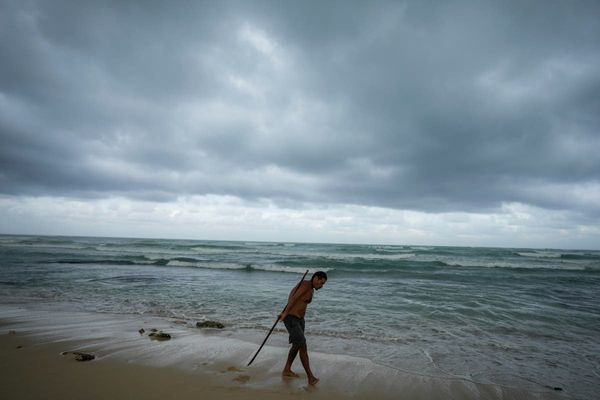
Dublin (AFP) - Ireland on Tuesday announced an 11-billion-euro ($10.5-billion) budget for the upcoming year to combat mounting pressures caused by the cost-of-living and energy crises precipitated by the war in Ukraine.
Finance minister for Ireland's three-party governing coalition, Paschal Donohoe, announced the measures -- comprising extra spending of 6.9 billion euros and 4.1 billion euros in one-off expenditure -- in the lower house of parliament.
The budget, he said, was "focused on helping individuals, families and businesses deal with rising prices".
"As we have seen all too clearly over the past few years with Brexit, with Covid and now with the war in Ukraine, unforeseen risks and challenges are becoming more frequent in their occurrence," Donohoe told the Dail.
"The war in Ukraine has sent shock waves throughout the global economy and this is most evident in energy and commodity markets, where prices surged at the onset of the war and have remained high," he added.
The budget outlined a provision for 600 euros in household energy credits, payments capped at 10,000 euros a month to help eligible businesses with energy bills and an increase for entry to the top tax rate to 40,000 euros.
The levels of spending were possible, Donohoe said, because of a 10-billion-euro increase in tax revenue on 2022, driven by corporate tax receipts.
"The strength in tax revenue has allowed us to have the means to undertake such a response," he said.
The finance minister also said he would partially hold back surpluses in the state's coffers to deal with future uncertainties, placing two billion euros in reserve in 2022 and four billion euros in 2023.
"We should not spend everything today.This will ensure that we are ready for tomorrow," he said.
The date for the budget announcement had been brought forward by two weeks because of the urgent need to deal with inflationary and supply chain pressures on households and businesses.
Speaking ahead of the announcement, Irish premier Micheal Martin said the measures had been calibrated to deal with the cost-of-living crisis "in a way that's sustainable not just this year but until 2023".
"We have to make sure that not only do we get people through this winter in the teeth of this unprecedented crisis, but also make sure we have the reserves to get through the entirety of 2023 as well," the Taoiseach said.
On the back of European Commission proposals for a windfall tax on energy firms, EU member Ireland has moved closer to implementing its own levy to offset rising energy costs on families and businesses.
"It is not fair for companies to earn excess profits from the current volatility in the market," Donohoe said.
"Ireland aims to be part of this EU-wide response to high energy prices.If this is not possible, this government will bring forward our own measures," he added.







